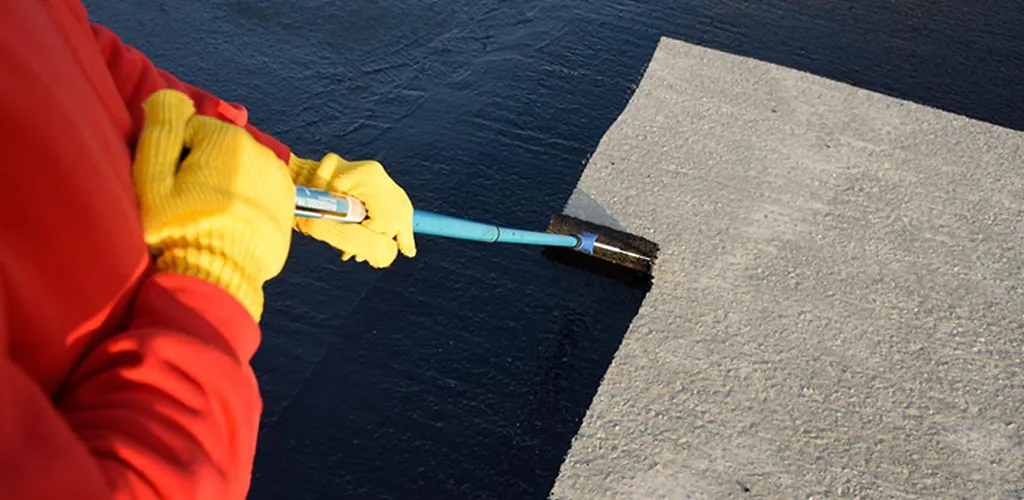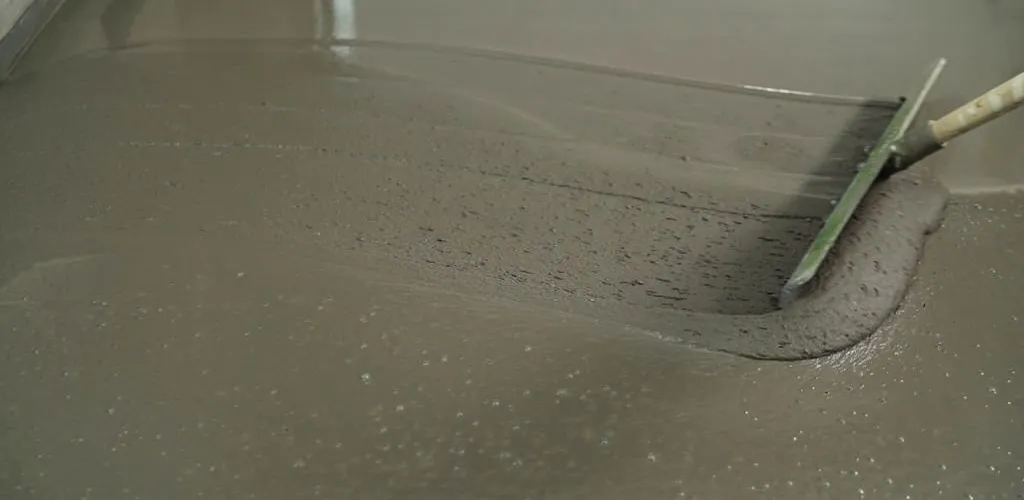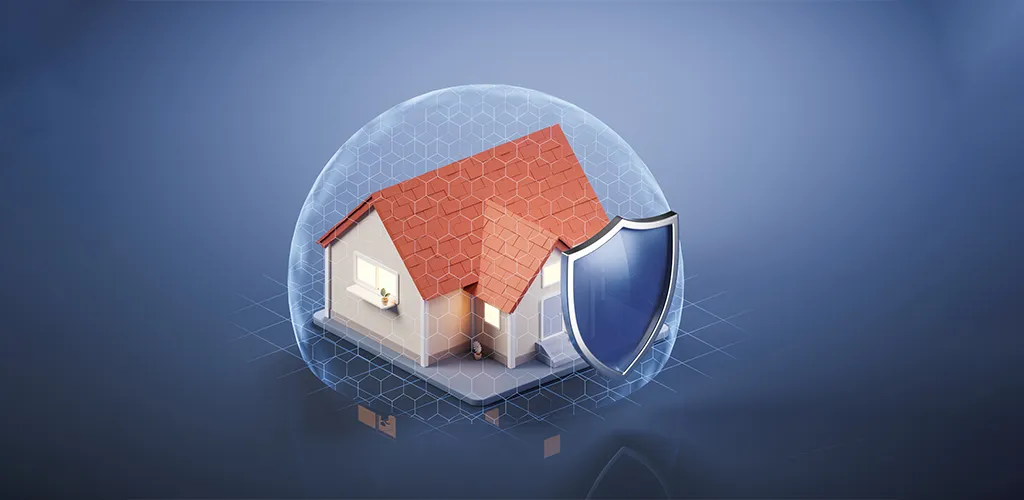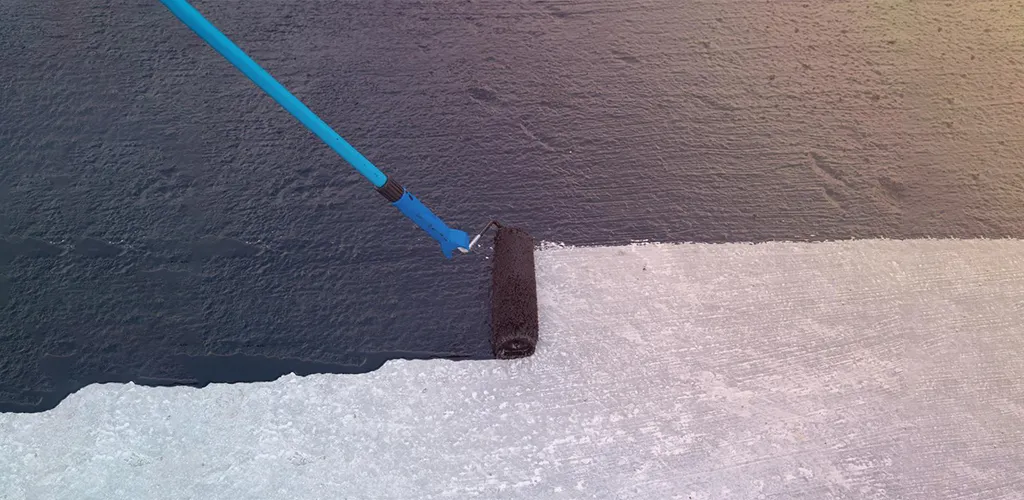Epoxy resin is a thermosetting polymer widely used in various applications due to its excellent adhesive properties, high tensile, compressive strength, and chemical and thermal stability. Epoxy resin is versatile and indispensable in modern materials, finding applications across various industries. From art and crafts to construction and engineering, epoxy resin has proven its mettle due to its exceptional properties and durability. Let’s highlight its significance in the market and its widespread applications!
As we navigate this fascinating territory, we’ll discover that waterproofing goes beyond mere protection – it’s a masterful dance between science and engineering, combining innovation and tradition to preserve the integrity of our constructed world. So, tighten your shoelaces and join us on this journey through the ever-evolving world of waterproofing materials – where knowledge reigns, and water is no longer a formidable foe!
Understanding Waterproofing Chemical
First, let’s examine the concept of waterproofing to recognize its impact in the world of construction and infrastructure. Waterproofing makes a surface or structure impervious to water, preventing penetration and infiltration. It is a fundamental technique used to safeguard buildings, bridges, tunnels, and various other structures from the detrimental effects of water exposure. Waterproofing acts as a protective shield, providing an impenetrable barrier that prevents water from seeping through surfaces, thus preserving the integrity and longevity of the structure! The importance of waterproofing cannot be overstated, especially in regions with high rainfall, proximity to bodies of water, or fluctuating weather conditions. Even in arid regions, the occasional rainstorm or flash flood can severely threaten unprotected structures.
1. Foundation Waterproofing
Foundation waterproofing is critical to protecting a building’s structural integrity, as water infiltration can lead to severe foundation issues. Ressichem introduces a novel approach to foundation waterproofing, offering effective basement leak repair and basement sealing solutions through a high-quality basement waterproofing liquid and paste membranes. These membranes are a robust barrier, withstanding bending and shear loads resulting from lateral water and soil pressures. Our foundation waterproofing membrane keeps the foundation dry and fortified, ensuring the walls remain strong, durable, and secure, safeguarding your property from potential water-related hazards. Invest in Ressichem’s advanced foundation waterproofing chemicals to ensure your structure’s long-term stability and reliability.
2. Liquid Waterproofing Membranes

Liquid waterproofing membranes are polymer-based coatings that form a seamless and flexible barrier against water. These coatings are directly applied to various surfaces, offering ease of application and adaptability to irregular or complex structures like roofs, terraces, and balconies. The liquid nature of these membranes allows them to conform to the surface’s contours, effectively preventing water penetration. Noteworthy for their durability and UV resistance, liquid waterproofing materials are highly favored in modern construction due to their ability to withstand environmental challenges while maintaining long-lasting, watertight protection.
3. Crystalline Waterproofing Coating
Crystalline Waterproofing Coating represents a revolutionary cementitious slurry waterproofing system that capitalizes on crystallization. The active constituents in Ressichem Water Guard Crysta Coat 101 interact with the free lime and moisture within the concrete’s capillary track, culminating in an impermeable crystalline complex. These crystals effectively seal off capillaries and minor shrinkage cracks in the concrete, impeding further water ingress. This advanced solution is an efficient and safer alternative to traditional SBS membrane waterproofing systems for basements and various construction projects.
4. Polyurethane Waterproofing

Polyurethane waterproofing is a versatile and synthetic material known for its exceptional water resistance and flexibility. As a liquid coating, polyurethane adheres effectively to various surfaces, including concrete, metal, and wood, offering wide-ranging applications in construction. Upon curing, polyurethane forms a seamless membrane that accommodates structural movements, preventing the formation of cracks or weak points in the waterproofing layer. Due to its durability and resistance to chemicals and environmental challenges, polyurethane waterproofing is commonly utilized in terraces, balconies, and flat roofs.
5. Elastomeric Waterproofing
Elastomeric waterproofing is a cutting-edge solution that utilizes an elastomer, a polymer with elastic properties similar to organic rubber, to create a highly flexible and durable waterproofing membrane. With the ability to expand up to twice its original size (100% elongation) and contract to its actual length, this membrane accommodates structural movements, ensuring a seamless and long-lasting barrier against water infiltration. Its exceptional tensile strength and resistance to abrasions make it an ideal choice for high-stress environments. Moreover, the monolithic layer forms on roofs reflect sun rays, keeping the surface cooler. Safeguard your structures with this Ressichem’s high-end elastomeric waterproofing and enjoy unparalleled protection against water damage.
The Impact of Waterproofing Materials on Building Durability

Waterproofing materials play a pivotal role in enhancing building durability, providing essential protection against water-related damages that can compromise construction’s structural integrity and longevity. Let’s explore the significant contributions of waterproofing materials to building durability:
Prevention of Water Intrusion: Waterproofing materials create a robust barrier that prevents water from seeping into the building’s interior. By keeping water out, these materials safeguard the structural components from damage caused by moisture, such as corrosion, decay, and erosion.
Mitigation of Structural Deterioration: Water infiltration can lead to the degradation of building materials over time. Waterproofing membranes and coatings act as a shield, reducing the exposure of building elements to moisture and thus slowing down the process of decay and degradation
Protection against Mold and Mildew: Moisture-laden environments provide the ideal conditions for mold and mildew growth, posing health risks to occupants and deteriorating indoor air quality. Waterproofing materials prevent water from penetrating surfaces, thus inhibiting mold and mildew formation and creating a healthier living and working environment.
Preservation of Aesthetics: Water damage can mar the appearance of a building’s façade and interior spaces. Waterproofing materials maintain the visual appeal of structures by preventing discoloration, stains, and efflorescence caused by water-related issues.
Reduction in Maintenance Costs: By providing adequate protection against water infiltration, waterproofing materials reduce the need for frequent repairs and maintenance due to water-related damages. This cost-saving aspect enhances the overall economic sustainability of a building.
Enhancing Building Lifespan: Waterproofing materials significantly contribute to prolonging the life of a building by safeguarding it from the wear and tear caused by water exposure, ensuring a long-lasting and resilient structure.
Reliable Waterproofing Materials – Ressichem

If you’re stepping into the world of waterproofing chemicals and wondering where to buy reliable products, look no further than Ressichem. Ressichem offers waterproofing materials that provide excellent performance and durability. From roofs to basements, their products ensure robust protection for your buildings against water-related challenges.

